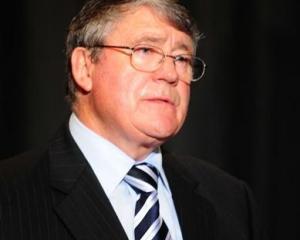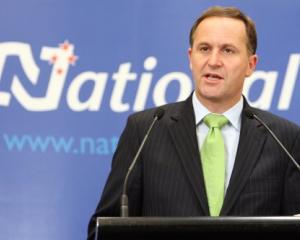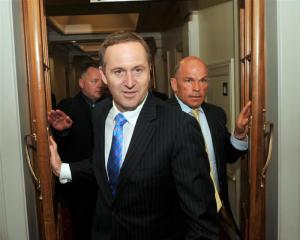The election issues within the Clutha-Southland electorate are as diverse as the landscape itself.
It is, quite literally, New Zealand's largest general electorate, covering 38,247sq km.
Within its boundaries sit townships and communities of vast differences - from the conservative yet bustling township of Gore, the hyper-growth areas of Arrowtown and Queenstown through to the mainly rural and farming communities like Owaka, Mossburn and Heriot.
It is an electorate of two faces in some respects.
There are the key urban areas like Balclutha, Gore, Te Anau and Queenstown while rural centres like Milton, Tapanui and Riversdale also make up the lines on the map.
Seeking out key issues is not easy because it depends on who you are talking to, their backgrounds and whether they hail from an urban or rural setting.
But the economy - or, more precisely, what to do about it and preserve it - was a theme that came through time and time again among those spoken to by the Otago Daily Times.
It did not seem to matter if you were talking to a butcher from Balclutha, a policeman from Gore or a farmer from Wendonside, all said the economy was their key issue.
And most also believe sitting MP, and National's deputy leader, Bill English, would have to do something seriously stupid to mess up his chances of winning a seventh term.
It is a seat comfortably held by Mr English since 1990 when it was known as Wallace and later re-named.
At the last election, he dominated the seven-person race, winning 66.48% of the votes with 20,020 voters ticking his name, compared with the then Labour candidate David Talbot, who captured 6988 votes or 23.2%.
Mr English's dominance extended to the party vote, his long-established profile helping National secure 57.14%, exactly double that of Labour.
He has the profile and the reputation of doing a good job for the electorate according to those spoken to.
Very few had anything critical to say about him, although his senior role in the National Party and the possibility of him being finance minister, should National win the election, have some believing he will have his work cut out to represent an electorate that already involves several hours in the car traversing from the likes of Milford Sound to Owaka.
But it seems whoever you talk to in the electorate, all say the same thing - look after the economy. It is a farming region, whose inhabitants depend on a low exchange rate and lower compliance costs.
Many have enjoyed prosperous times in recent years but the recent upheaval in world markets has them nervous.
The promise of tax cuts by both parties is seen as important to give people personal responsibility and the tools to weather the storms.
Most of those spoken to said a little extra in their pockets was well overdue, and seemed impressed by National's tax cuts programme, but the same group were also appreciative of the extra given back by Labour on October 1.
The mood in this electorate can be hard to pick. It was clear many believe the time is right for a change of government, that Labour has had three terms and now it was National's turn.
But, there was also some reluctance to simply throw Labour out for the sake of it. Most agreed it had performed well in many areas but most had concerns about being led by a government that seems to be constantly telling people how to run their lives.
Farmers spoken to say they are were prepared to give National "a crack" while some in the towns were divided.
A straw poll, conducted by this newspaper, involved polling 20 people - 10 from urban areas and 10 from the land. Based on its findings, which are far from scientific, 14 said they would vote for National and six for Labour.
Mr English fared very well when asked which candidate those same people would support. Of the 20 people quizzed, 17 favoured Mr English but, perhaps surprisingly, no-one could name any other person standing in the electorate.







